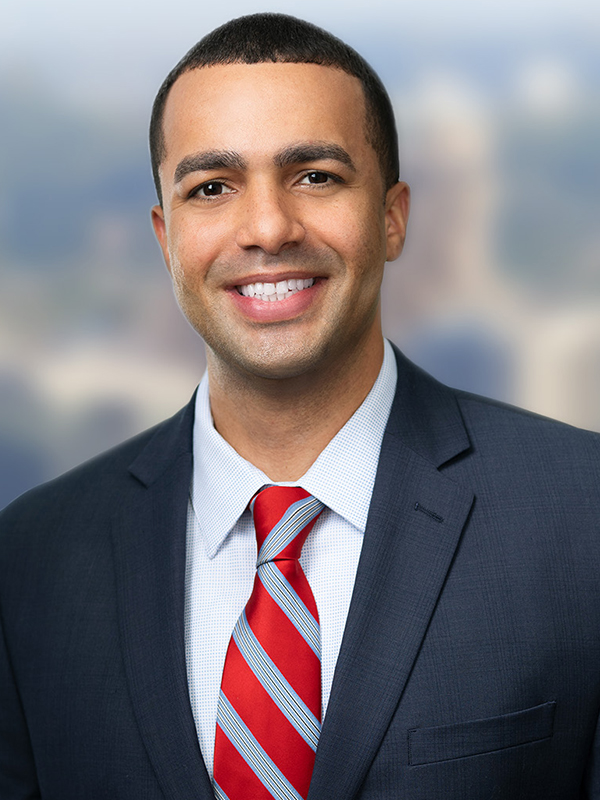Trump Signed CRA Resolution Officially Ending CFPB’s Attempt to Limit Overdraft Fees
By Alex Wade
May 13, 2025
On May 9, 2025, President Trump signed a Congressional Review Act (“CRA”) joint resolution disapproving the final rule submitted by the CFPB relating to “Overdraft Lending: Very Large Financial Institutions.” The CFPB originally issued the final rule on overdraft fees on December 12, 2024, which, in its own words, was to close an overdraft loophole that exempted overdraft loans from lending laws and was set to apply to credit unions and banks with over $10 billion in total assets on October 1, 2025. Had the rule taken effect, it would have limited overdraft fees for large financial institutions by: (1) capping fees at $5; (2) allowing fees that cover only the institution’s actual costs and losses; or (3) requiring that overdraft services be treated as credit, subject to full disclosure under the Truth in Lending Act.
Importantly, the CRA permits Congress to invalidate a final rule in its entirety and prohibits an agency from issuing a new rule that is substantially the same. Trump’s signature on the CRA joint resolution officially ends the CFPB’s controversial overdraft rule and makes the path difficult for the CFPB to issue a similar rule in the future.
Although the overdraft rule was nullified for large financial institutions, California state-chartered credit unions are reminded that, beginning January 1, 2026, SB 1075 still prohibits a credit union from charging an overdraft fee or a nonsufficient funds fee exceeding $14 or the amount set by the CFPB for the fee, whichever is lower. Now that the CFPB’s rule was nullified, it appears that overdraft fees and nonsufficient funds fees for California state-chartered credit unions will be capped at $14 for now, barring any changes from the CFPB, Congress, or the California legislature.
Financial institutions should continue to scrutinize every fee charged to a member/consumer and ensure that fees are itemized and clearly disclosed to the member/consumer with sufficient descriptions. SW&M will continue to monitor the changing landscape regarding overdraft fees and are always happy to assist financial institutions in navigating through the uncertainty of charging potentially problematic fees.

